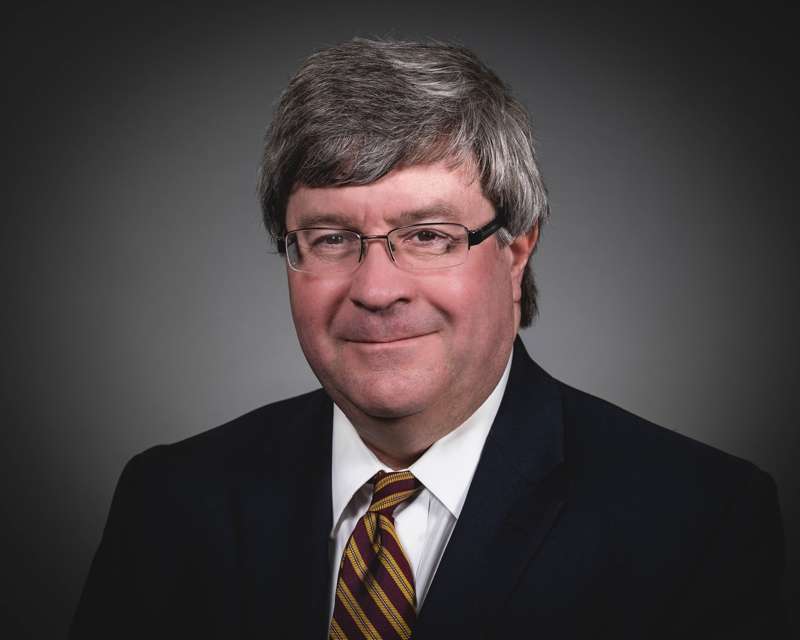
NICK GOSNELL
Hutch Post
HUTCHINSON, Kan. — Mark Tallman with the Kansas Association of School Boards noted in his latest blog post that the underfunding of special education is not just a state issue, it also is supposed to include money under the Individuals with Disabilities Education Act.
"One thing that has never happened is that the federal government has not provided the level of funding that they indicated would be done when that law was passed," Tallman said. "The law says that the federal government is supposed to contribute 40 percent of the excess cost of special education, which is basically a calculation of how much more it costs to students to have additional services. That has not been done. The calculation that we have seen is that equals a shortfall of about $223 million to Kansas school districts. In other words, if the federal government were providing that, we would be receiving that much more dollars."
Combine that with the under resourcing at the state level, and it is significant.
"That is also about the shortfall of the fact that the state has not kept its commitment to fund 92 percent of the excess cost, after federal aid is taken into account," Tallman said. "In other words, the federal law is basically saying, calculate excess cost, we'll pay 40%, but they are not. State law basically says, calculate excess cost, see how much the federal government is providing in federal aid. The difference, the state legislature said, we'll pay 92 percent. They're not doing that. The shortfall there again is over $200 million."
Why should this matter to non special education parents? Because that money is backfilled from a school district's general fund. However, recent action by the State Board of Ed may be at least somewhat encouraging.
"They are going to endorse a five-year plan to try to get the state back to 92 percent," Tallman said. "Instead of adding two hundred some million all at once, their proposal is, you do it over five years. Now, they factor in inflation, so the total amount will be more than that. The idea is to kind of phase it in. The challenges with those is, sometimes it's very hard, at a governmental body level, to keep to a path like that. There's always other issues coming up."
One of those issues will be a new crop of legislators coming in after the 2022 elections and new leadership on the House side specifically and where their budget priorities lie.






